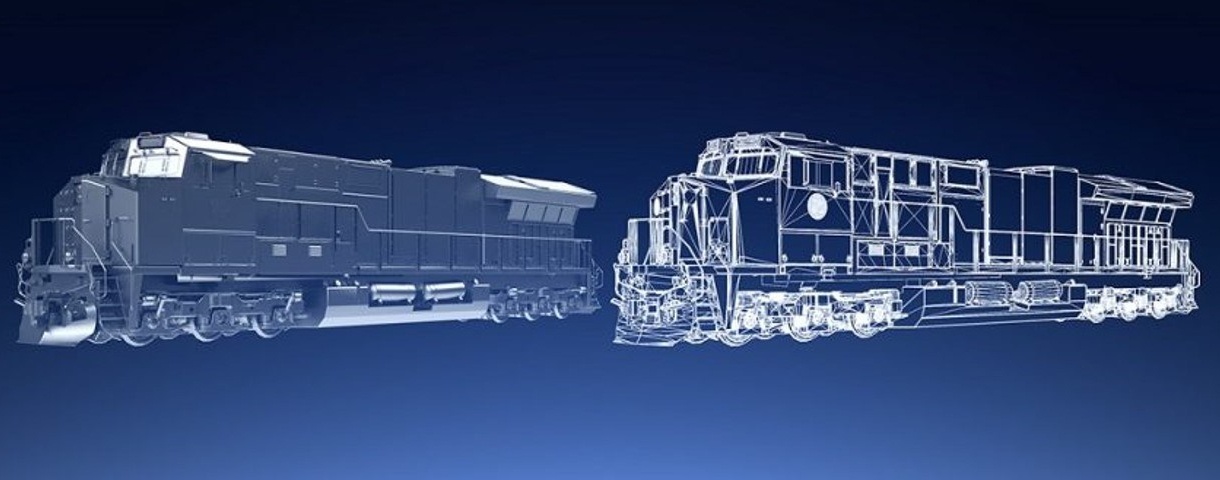If you are in two minds about buying an SSD, you’ve come to the right place! This post has all you need to know about SSDs, so read on and decide for yourself if they are worth your money.
What are solid-state drives?
A solid-state drive is a storage device that stores data persistently using integrated circuit assemblies as memory. An SSD carries out the same functions as that of an HDD, but in a more efficient and direct manner.
How Solid State Drives different from Hard disk drives?
Hard disk drives have been the traditional form of computer storage for years, making them relatively ancient technology. They use magnetism to store data on stacked platters that spin around a central axis, called a spindle. Information is read from and written to the HDD via a read/write head that is positioned above the spinning platters.
On the other hand, SSDs use flash memory to store data. They have no moving parts; instead of using read/write heads and platters, SSDs have interconnected integrated circuits with an interface connector.
What makes solid-state drives better than hard disk drives?
Solid-state drives have several advantages over hard disk drives as detailed below.
Speed: The spinning platters and read/write heads in HDDs make the process time-consuming and mechanical. Data transfer in SSDs is quicker,particularly during small block transfers for transaction processing.
Fragmentation: HDDs can suffer from fragmentation when large files are stored scattered around the platters. This can affect read/write algorithms, requiring HDDs to be defragmented periodically. In SSDs, drive performance is not affected by fragmentation, making them faster and eliminating the need for defragmenting.
Heat Generation: HDDs use more electricity owing to moving parts, thereby generating more heat. As SSDs don’t have moving parts, they consume less power and generate comparatively less heat.
Do SSDs have any limitations?
While solid-state drives are better than hard disk drives, they do have certain limitations. However, they can be overlooked considering the many benefits SSDs have to offer.
SSDs available in the market have a limited storage capacity- base capacity of devices is usually 128GB. SSDs with a storage capacity of 4TB are rare and very expensive.
Conclusion
Now that you’ve read about how SSDs work, how they’re different from and better than HDDs, and their limitations, you can be sure that they’re the best upgrade for your computer. Since SSDs are priced higher than HDDs, you may have to think twice about splurging on them if you’re on a tight budget. Nonetheless, an SSD will pay for itself over the years in the form of savings on electricity and damaged drives and devices!



